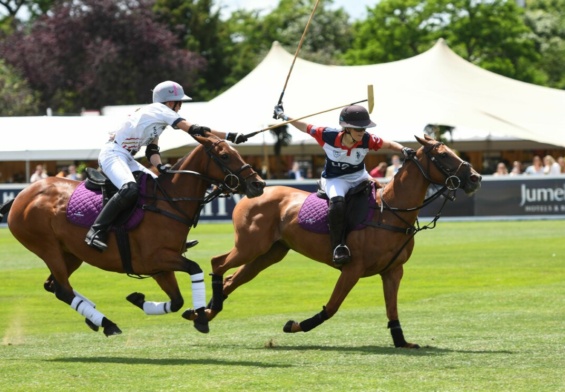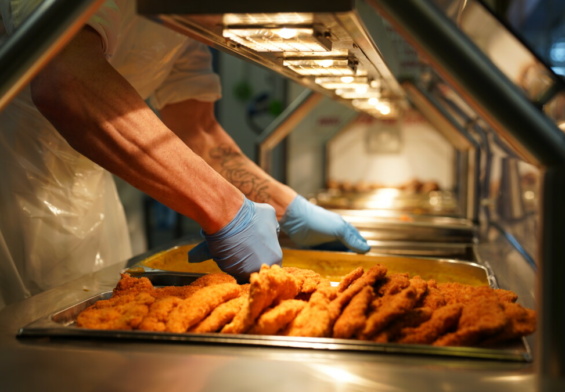Harry Cobden is one of Britain’s champion jump jockeys and the charismatic star of the newly launched Series 2 of ITV’s Champions: Full Gallop, which is available to watch on ITV1, with weekly episodes being aired. At just 26, Harry Cobden is already at the top of his game. He’s the lead jockey for Britain’s most successful trainer, Paul Nicholls, and week after week he climbs into the saddle knowing he’s expected to win. The new series captures that pressure up close — giving viewers a ringside seat to the highs of big victories and the quiet resilience needed after setbacks.
What makes Harry such a standout for Full Gallop is his relatability. He’s young, ambitious, and shouldering huge responsibility in a sport where split-second decisions can mean everything. The show gives us the human story behind the silks: a grounded, likeable competitor carrying the weight of expectation, but always hungry for more. He’s exactly the kind of new face who can bring horse racing to fresh audiences, and Series 2 is the perfect time to get to know him.
In this exclusive interview, Harry chats to Preneur World as he reflects on his youthful audacity, resilience and winner’s mentality to reveal the mindset, discipline and grounded philosophy driving Britain’s top jump jockey.
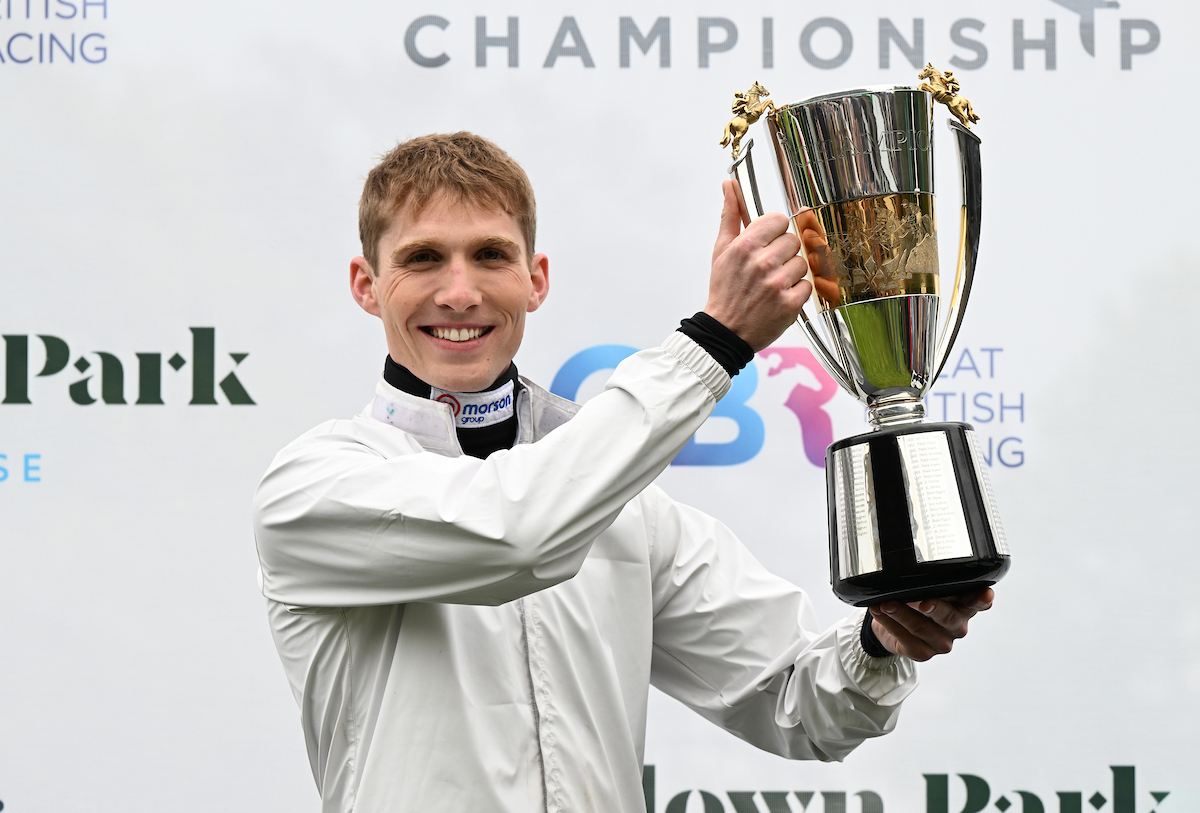
You first captured public attention as a teenager riding winners at extraordinary odds. How did youthful audacity shape the seasoned competitor you are today?
I was probably a bit too confident when I was starting out, I always thought I was good enough – in fact then, I thought I was better than I actually was! But the big occasion has never phased me and that remains the case today.
As the lead jockey for Paul Nicholls – Britain’s most successful trainer – trusted with some of his biggest stars, how do you balance responsibility with the confidence needed to deliver at the highest level?
I try not to over complicate things or try to be too clever. Pressure can easily get to you, so you have to stay calm and whatever the occasion, I approach it the same and try and keep things simple.
Many speak of your tactical genius in the saddle. How do you prepare psychologically before a Grade 1 race to achieve such precision under pressure?
I do my homework. Knowing other people’s horses is as important as knowing my own – so how the race is likely to pan out. I think one of my key skills is anticipating how a race is likely to be run, and reading the race. If I get my fractions right and ride a race to suit myself, I ride at my peak.
High performance in sport often hinges on emotional intelligence. What personal rituals or reflective practices help you remain centred amid the intensity of racing?
I have got other things going on in my life – mainly the family farm – so this helps me maintain a balance away from racing. You can become consumed as to how a race was lost or won and this can get the better of you, so I have other things that completely take my mind away from the sport.
You recently secured the Jump Jockeys’ Championship for the first time – what inner mindset carried you through the pressures of such a defining season?
For a while that season, I was rather too consumed by failure as to not winning it. I was also so focused, and I think I tried a bit too hard at times because I wanted it so badly and was trying to force it to happen, which I think, at times, meant I didn’t ride quite as well. But that season I also learnt that I needed to delegate to be able to focus on the job in hand – so I developed my back up team – my driver, my riding agent, my commercial agent, my social media team. And actually, once I’d won the title, I now feel a lot less pressure and I think I’m riding better as a result. I have it now, it’s there for ever, and so now I can just let things happen.
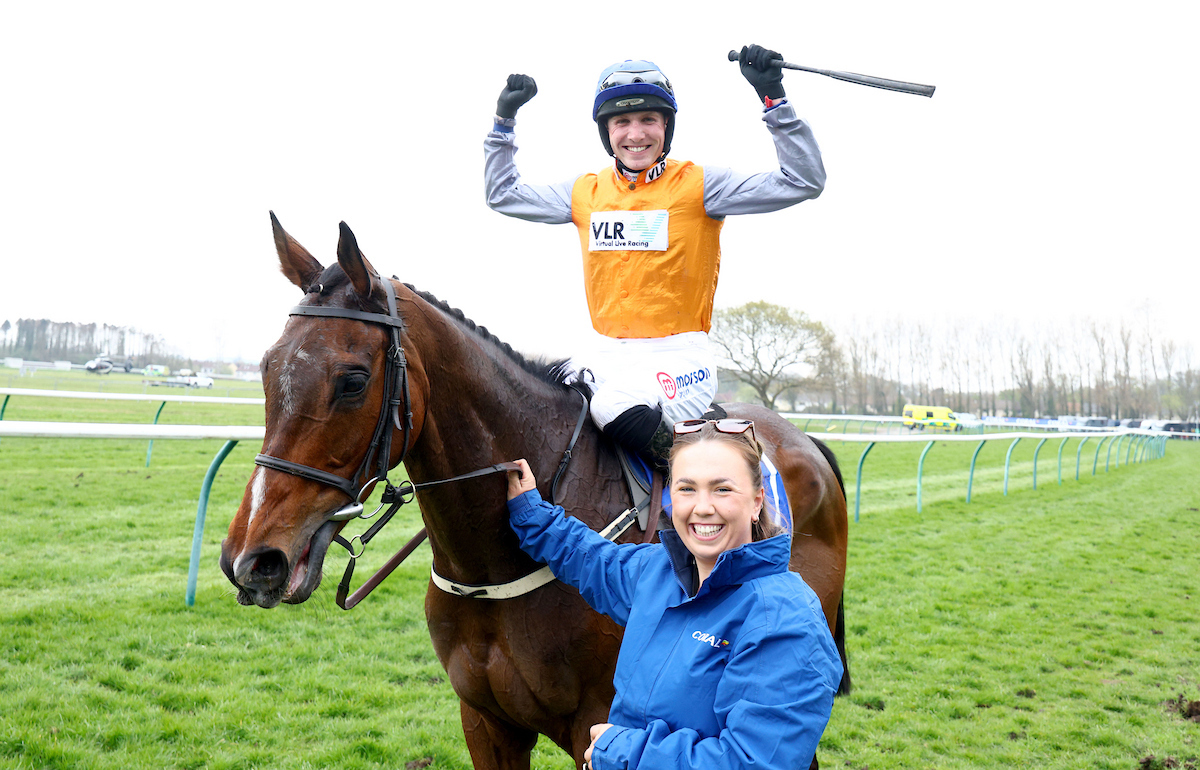
Resilience is the hallmark of champions. How did you mentally navigate your recovery from a fractured neck and return stronger to the sport you love?
Injury is part of the job. When I fractured my neck, I was only 19 and because it happened during the summer, it was actually OK because I didn’t feel I was missing out on too much. I did some fishing and things away from the sport, and probably came back a bit stronger and more balanced as a result.
Champions are often forged in their approach to setbacks. What lesson has defeat taught you that triumph never could?
A rugby player plays maybe 20 games a year. A jockey rides 6 or 7 horses a day, so even with a good strike rate, you lose way more than you win. Racing is such a leveller, so defeat is part of the game. You experience it every day so unless you’ve made a massive mistake, you just look to the next ride and move on.
Jockeyship requires discipline akin to elite martial arts. How do you train your mind and body in unison to stay race-ready through long seasons?
Mindset for me is about time away from the sport and doing other things. I go to our family farm most days and involvement in that both consumes and calms me. Most jockeys carry injuries, so I also have to have ongoing treatment (I use an ice machine a lot) and get ongoing physio support. Weight is an issue for many jockeys, but because I’m so active away from racing, I am fairly fortunate that mine remains stable.
Pressure at Cheltenham or Aintree can be immense. Do you experience nerves, and if so, how do you reframe them into focus and flow?
I’m only ever nervous if I don’t know what’s going on. If I prepare for a race – the course, layout, horses, jockeys, speed – then I don’t tend to be. I have a plan and that is what I work to. I don’t like the unknown, so picking up a last minute ride is the only thing that might phase me if I haven’t had enough time to prepare.
At just 26, you are already at the top of your game and you’re viewed as a relatable role model. Who were your own guiding lights growing up, both inside and outside racing?
Inside racing it was the talents of the time – Ruby Walsh, Noel Fehily, Robbie Power. Outside it was Jonny Wilkinson – to have the focus to take those kicks under such phenomenal pressure is on a different level.
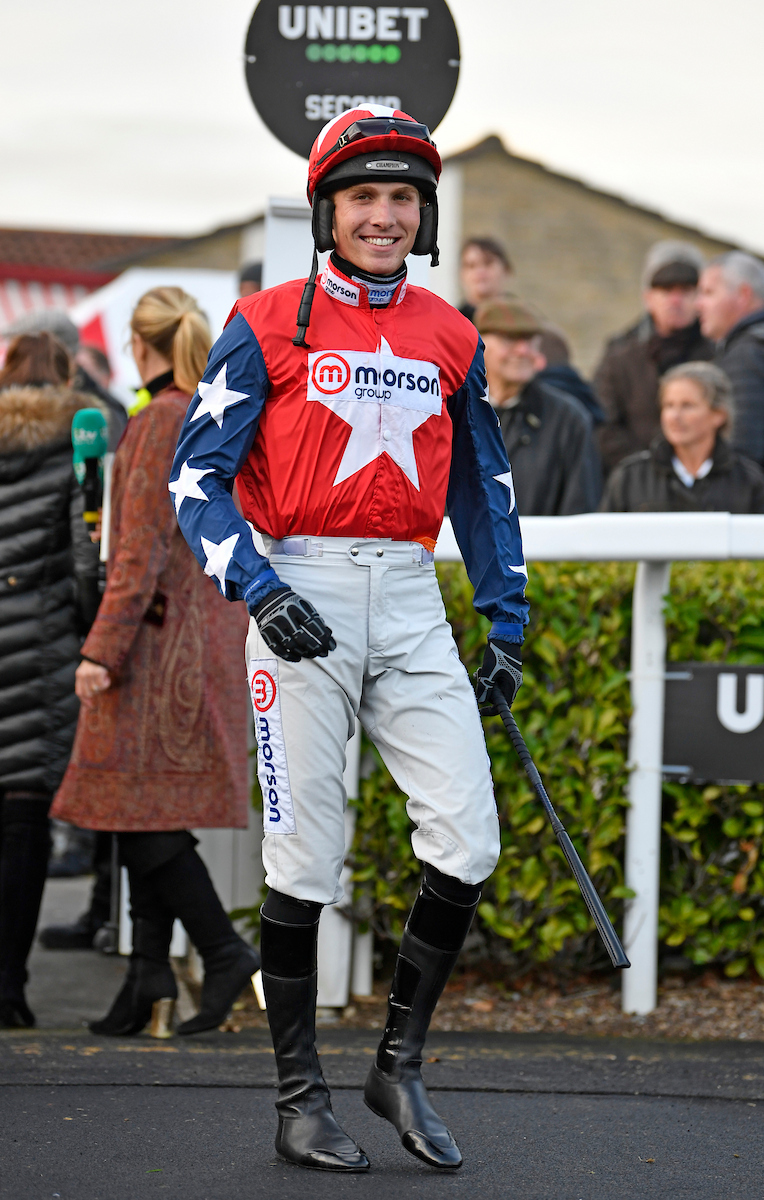
You have been candid about wanting to inspire young people in horse racing. What strikes you most about the way the younger generation perceives your sport and what inspirational message do you hope the next generation take away when they see you ride and hear you speaking about the sport?
Key messages from me would be to work hard, to stay grounded and humble, and to have good manners.
ITV’s Champions: Full Gallop returns this autumn with you at the heart of the story. What excites you most about sharing your world with the public?
I hope it might inspire some young people to know that they could be like me if they work hard and want it enough.
Legacy is often spoken of later in a career, yet yours is already forming. How would you like to be remembered within the sport?
I’m not sure – I don’t think many people are remembered beyond their own generation! I guess just to have my name alongside some of the greats. I’ve won the title and some big races, but a few more would be good!
Beyond the racetrack, what philosophy guides your life choices, and how do you intend to use your platform to create positive change for others?
I would like to inspire people through the need for hard work and good manners.
Every champion has their essentials. What are the five things in your life – whether physical, emotional or philosophical – that you simply couldn’t live without?
Dogs, sleep, the farm, my support team – and the kick I get out of doing a good deal!
Harry Cobden features in series 1 & 2 of Champions: Full Gallop, available to watch on ITVX.

